Endophenotype Research in Epilepsy Shows Promising Advances
This study looked at how researchers have been studying endophenotypes in epilepsy over time.
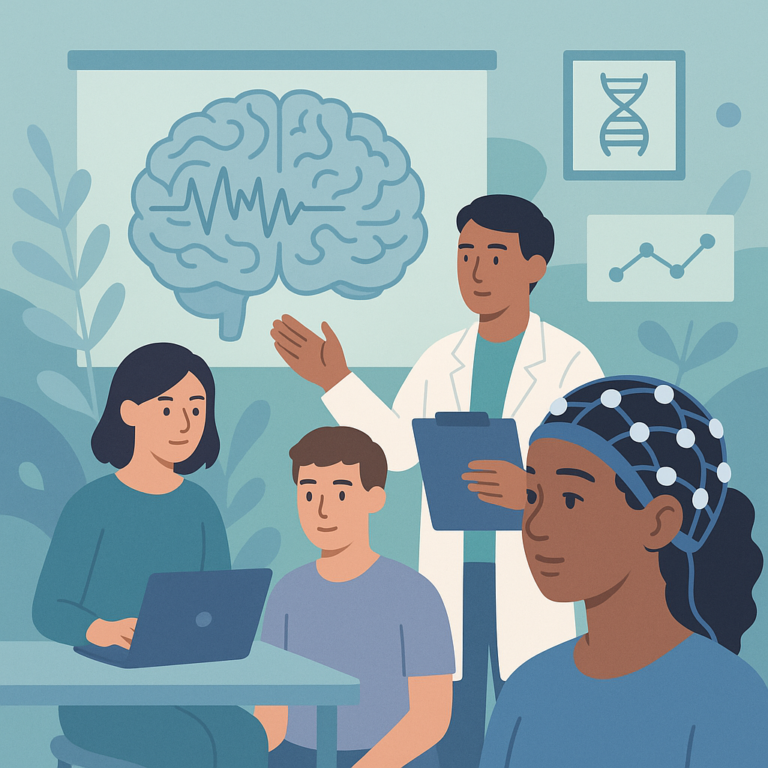
This study looked at how researchers have been studying endophenotypes in epilepsy over time.

This study looked at how well large language models (LLMs) can provide accurate medical recommendations for epilepsy while avoiding biases based on socioeconomic status.
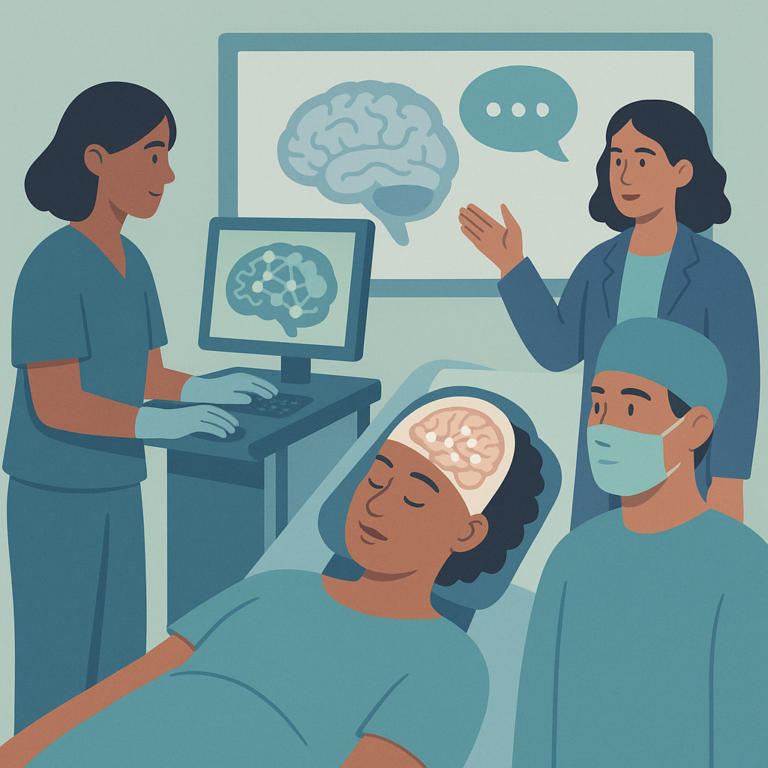
Researchers studied how electrical stimulation of the brain can help map language areas during epilepsy surgery.
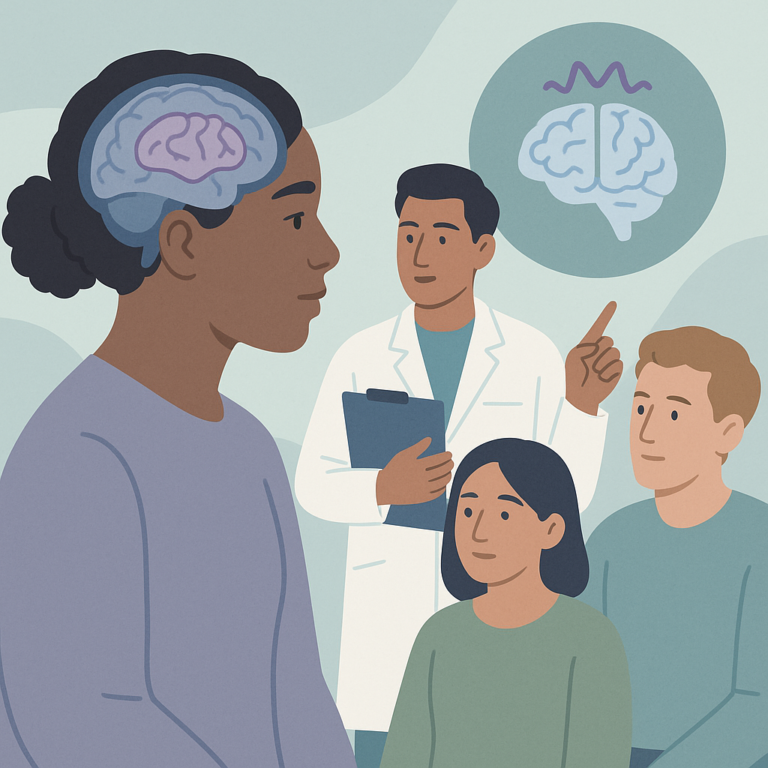
This study looked at whether a protein called S100B in the blood could help predict the development of epilepsy in adults who suffered a traumatic brain injury (TBI).
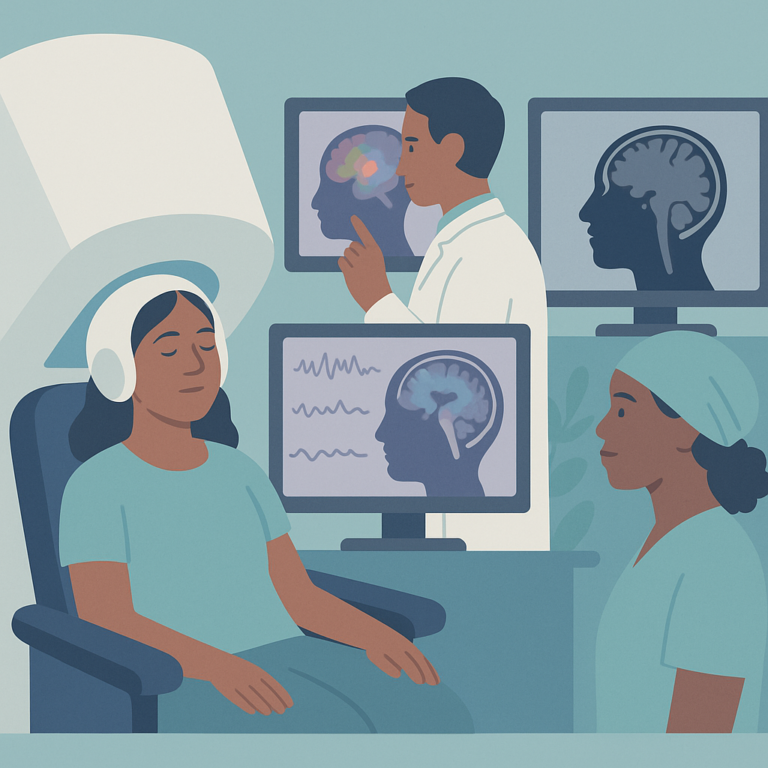
Researchers studied the use of magnetoencephalography (MEG) in evaluating epilepsy, focusing on its effectiveness in helping doctors locate the areas of the brain causing seizures.
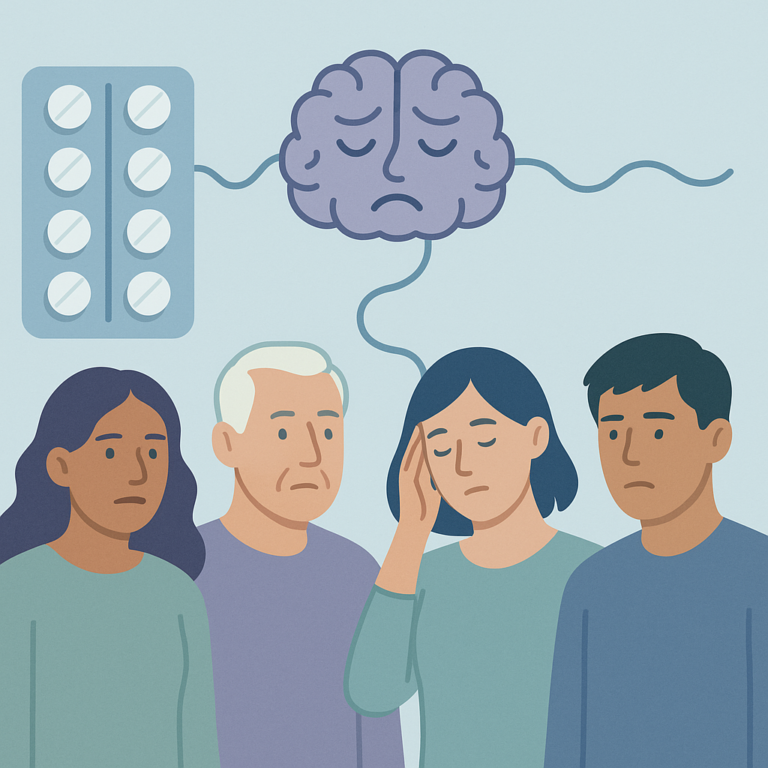
Researchers studied the psychiatric and behavioral side effects of antiseizure medications (ASMs) in adults with epilepsy.
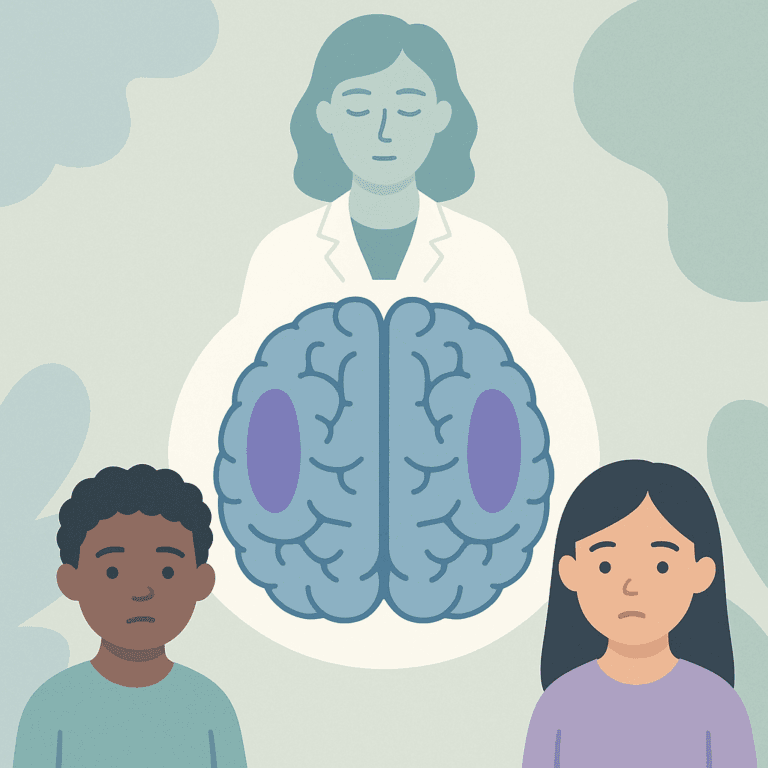
This study looked at a specific brain imaging sign called the symmetrical claustrum sign (SCS) in children diagnosed with febrile infection-related epilepsy syndrome (FIRES).
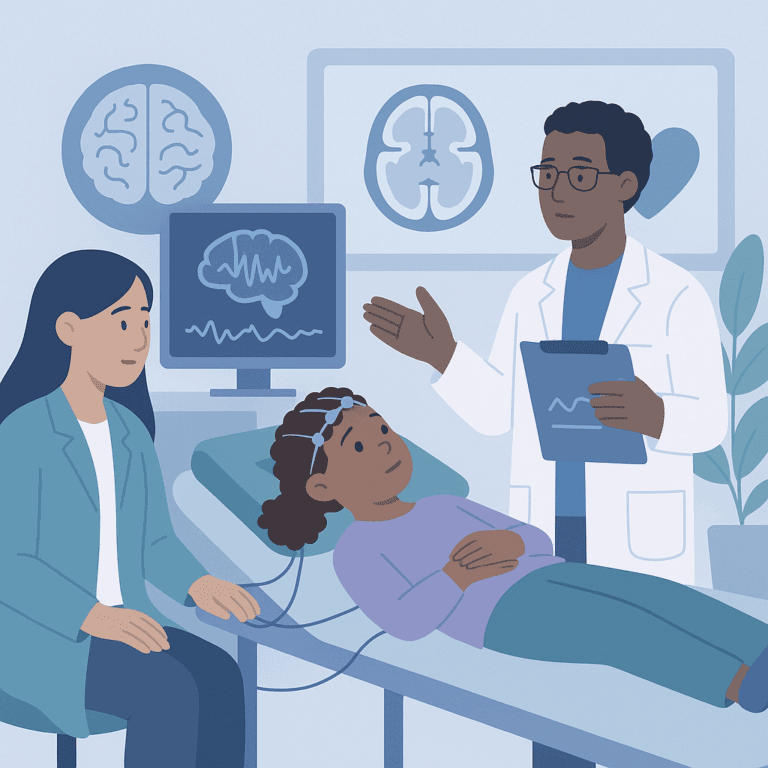
In a study involving 249 children who experienced new-onset bilateral tonic-clonic seizures, researchers aimed to understand how different diagnostic methods could help classify the type of seizures.

Researchers studied how remote follow-up care, like video or phone visits, can help manage pediatric epilepsy.